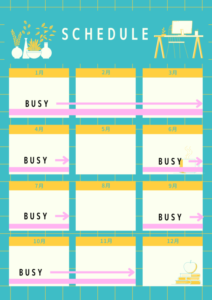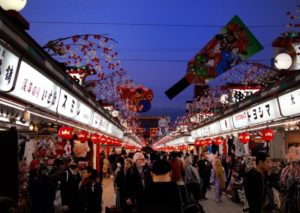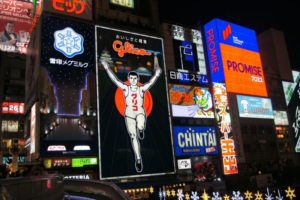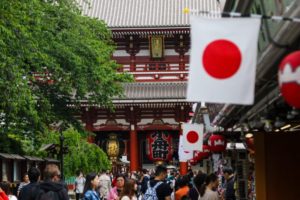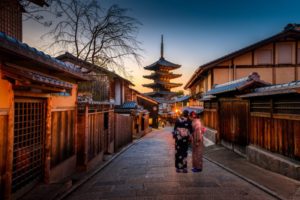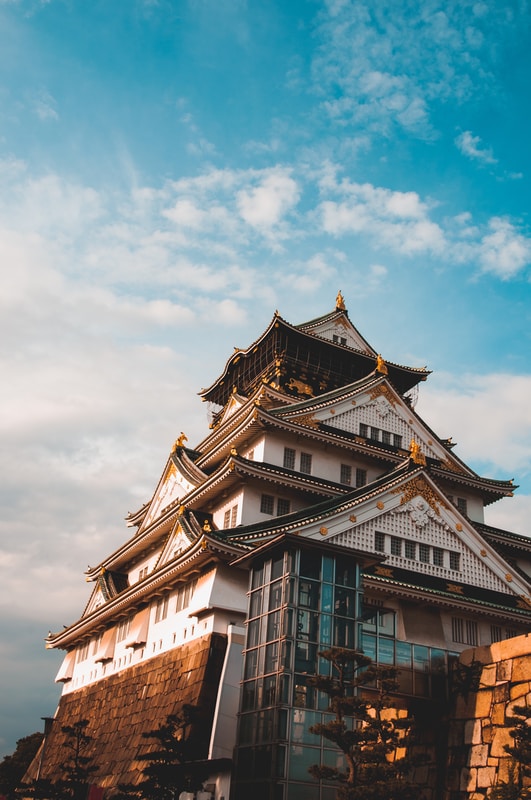Karoshi and Japanese companies
The image of Japanese and overwork
For some reason, a lot of people think that Japan has a culture of overwork and that it has a harsh workplace culture. There is even a word in Japan, called “Karoshi” which means death by overwork. This word, “Karoshi” has made its way in the English language and was even added to the Oxford English Dictionary.
Japan is the third-largest economy in the world, and it used to hold the title of being the 2nd largest economy until 2010. After Japan lost in World War 2, Japan needed to work really hard in order for the country to become economically prosperous again. Therefore, a lot of Japanese company men worked really late till night time and came back home near midnight. This image must have stuck in countries outside of Japan, thus giving Japan the image of “hard-working”.
Although it is not clear how the image actually stuck to a lot of people, some people actually do see Japanese people working really hard compared to others. However, is that image still accurate in a modern-day Japanese work environment? Or is it the thing of the past? In this article, we will look into the notorious overwork and hard-working Japanese work style, and see how the situation is in modern days.
The history of Japan and overwork
When did Japanese people actually start working overtime intensively? Well, there is a book that studies the overwork in Japan called, “残業学” (Zangyougaku). According to this book, it all started when people started working at factories in the Meiji period. Unlike farming, you can work at night time at a factory.
However, in 1947, the Labor Standards Act was issued and it ordered companies to only allow employees to work up to 8 hours a day, and 48 hours in a week. At the same time, there was also Article 36 of the Labor Standards Law issued as well. Article 36 allowed employees to exceed the upper limit work time if the employee and the employer reach an agreement. This meant that technically, the employer could make employees work with no time constraints.
The real meaning of the Japanese word “Karoshi”
Now that you have learned how Japanese people started to work overtime intensively, let’s look at how the word Karoshi became popular. The word Karoshi actually has a more specific definition according to the Ministry of Health, Labour and Welfare, than just “death by overwork”.
Article 2 of the Act on Promotion of Measures to Prevent Death from Overwork, etc. defines “Karoshi” as the following.
Death due to cerebrovascular disease or heart disease caused by overload at work
Death by suicide due to mental disorder caused by strong psychological load at work
Death by suicide due to cerebrovascular disease, heart disease, or mental disorder caused by overload at work, although not resulting in death
Karoshi has stuck as a cultural word but is also a legal term as well. When trying to get recognized as an industrial accident by the government, understanding what falls under Karoshi is important. Karoshi is one category of how someone can be recognized as an industrial accident.
Industrial accident refers to an injury, illness, disability, or death of a worker caused by work-related reasons or commuting (Article 1 of the Workers’ Accident Compensation Insurance Law), and the compensation system for injuries and illnesses suffered by employees in the course of their work is referred to as being “recognized” as an industrial accident.
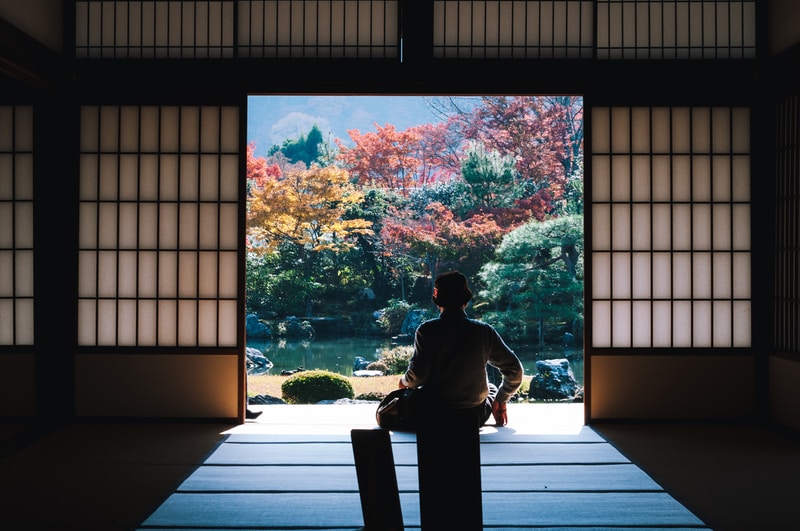
The truth about Japan and overwork
The reality of work style in Japanese companies
The reality of work style in Japan is not as standardized as you may think. Yes, a lot of companies do make you work after hours, but some don’t. To be precise, there is no obligation to work after hours. However, in most cases, not staying after work is nearly impossible, because it affects your promotion, evaluation, and your work itself.
Typically traditional Japanese companies will pressure you to do some overwork, while some startups or mega ventures may be looser about going home early. The major difference is whether the company pays overwork salary. Usually, traditional Japanese companies will pay 1.25 times more, after working your daily minimum work hours. Therefore, there will be an incentive for people to stay longer in the office. Some employees will willingly work overtime because they can get paid more by simply putting the hours in.
Foreign companies in Japan can be even worse
A common misunderstanding people make is “Foreign companies have better work-life balance.” However, that is not true. As mentioned above, a lot of Japanese companies make you work overtime but they also pay extra for the time you work after hours. On the other hand, Foreign companies usually pay a “fixed overtime salary” in advance.
This “fixed overtime salary” is something where the company pays extra in return for expecting its employees to work about 30 ~70 hours of overtime. Yes, the official overtime limit set by the government is 45 hours. However, some foreign company pays you a fixed salary which expects you to work up to 70 hours of overwork.
Foreign companies in Japan, tend to pay a higher base salary than Japanese companies, but hire fewer people. Therefore, the workload per person is usually higher at a foreign company than at a Japanese company. This is one reason why foreign companies tend to introduce this “fixed overtime salary” system.
If you are an efficient worker, you may advantage of this system because you get paid more overtime salary than the actual amount of overtime you work. However, if you are struggling or in a lot of cases where there is just too much workload, your hourly wage can be very low then you initially expected.

So what’s the issue with overwork in Japan
Flexible work hour is more important for work-life balance.
As mentioned above, there is a possibility where you will have to work long hours in either Japanese or foreign companies. The main difference between, these two is the overtime salary system. In a Japanese company, you will get paid an increased amount of overtime fee. In a foreign company, you will get paid a fixed amount prior. In either company, if they have a flexible work system you may have time to go for a run in the middle of the day or go pick up your kids and preceded to work after. It will definitely be easier to actualize a good work-life balance if the company has flexible work hours.
Some companies will have something called the “core time”, and you have to be in office during the core time. The best way to find out whether the company has flexible work hours and minimal after-hours work time is to look at the company reviews site. Although a typical job board may include this information, it is unclear if they actually executed at the operational level. Therefore, websites like openwork, glassdoor, and xkula.com will come in handy, to get a real image of working at the company.
In conclusion
In this article, we have explained the history of overtime work in Japan and the reality of overtime work in modern Japan. Each company has different work styles and an overtime salary system. You will need to learn how employees work at each company and find out which place will be the best for your work style. If you are someone who speaks English and is looking for a place to work in Japan, xkula.com is the place we recommend you to learn all about it.

